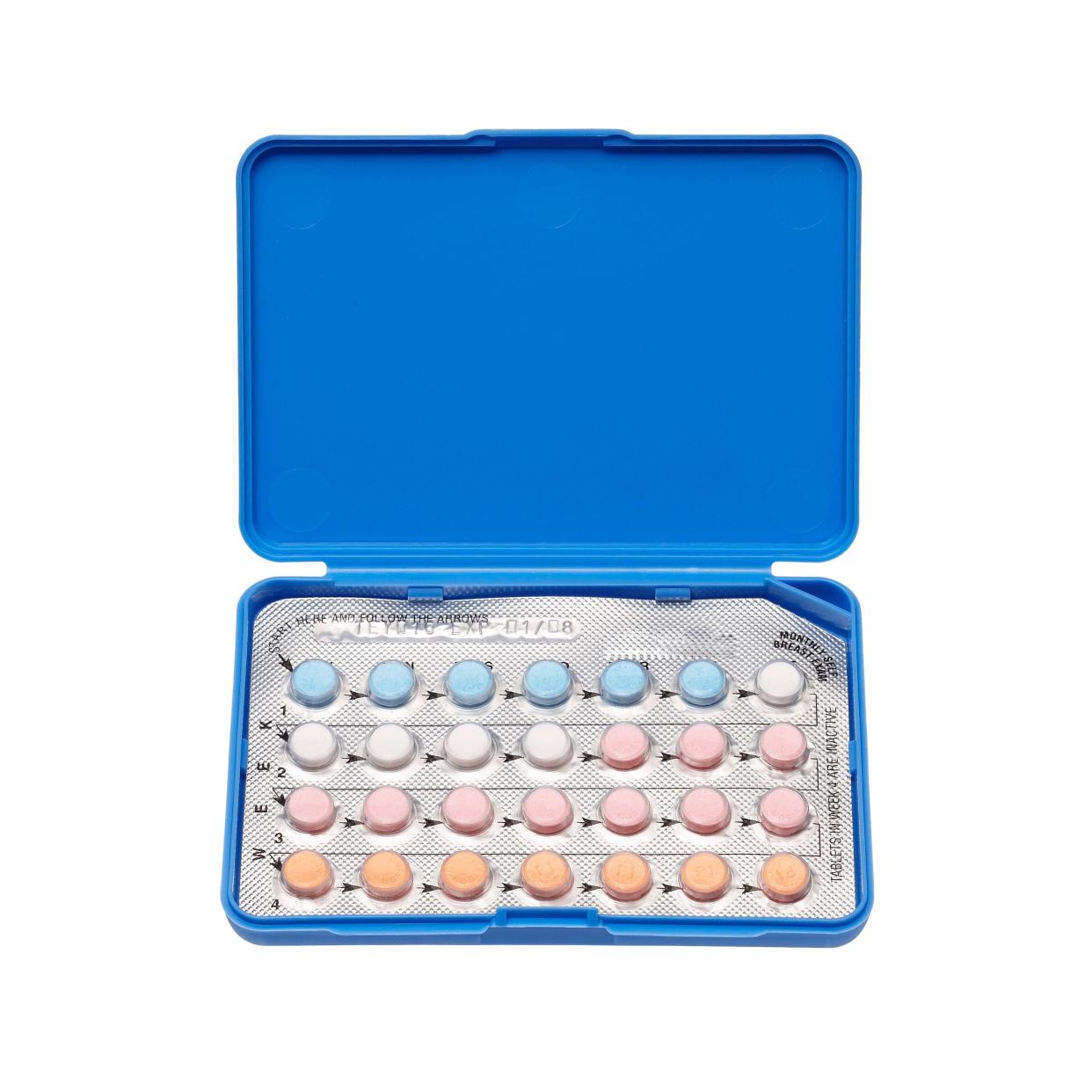Is Your Birth Control Causing Tummy Troubles?

Corbis Images
Bloating, cramps, and nausea are common side effects of menstruating. But according to a new study, tummy problems may also be a side effect of the thing we take to help our periods: the Pill.
In one of the largest studies of its kind, Harvard researchers looked at the health records of over 230,000 women and found that taking the birth control for five years or more tripled a woman's chance of developing Crohn's disease, a debilitating and occasionally life-threatening gastrointestinal illness. Crohn's happens when the body's immune system attacks the lining of the digestive tract causing it to become inflamed. It's characterized by diarrhea, severe abdominal pain, weight loss, and malnutrition. (Those aren't the only side effects either. Read one woman's story: How The Birth Control Pill Almost Killed Me.)
Even though cases of the illness have exploded over the past 50 years, the exact cause of Crohn's hasn't been known. But now researchers think that hormones in birth control can exacerbate the problem and could cause it to develop in women who have a genetic predisposition for it. Smoking while on the pill also increases your risk of developing Crohn's-another good reason to quit the cancer sticks!
Now scientists are questioning how else hormonal birth control is effecting women's digestive systems. Previous research has linked hormonal birth control to ulcerative colitis, irritable bowel syndrome, and gastroenteritis. A 2014 study also linked the pill to painful gallstones. In addition, nausea is one of the most common side effects of the Pill and many women have reported changes in their bowel movements, stomach cramp,s and food aversions while on the Pill, particularly when first starting it or switching types.
This isn't surprising to Hamed Khalili, M.D., a Harvard gastroenterologist and lead author of the study, who noted in his findings that estrogen is known to increase the permeability of the gut. (Increased permeability can lead to a range of digestive issues ranging from mild nausea to extreme malfunction.) "Younger women on oral contraceptives do need to be told that there is an increased risk," he explained in the press release. (Should the Pill Be Available OTC?)
Should you be worried about your pill pack? Not necessarily. Researchers can't yet say there is a direct causal link. If you're not experiencing any stomach problems, you're probably fine, but Khalili says if you have a personal or family history of any kind of inflammatory bowel disease, you should talk to your doctor about alternatives.

